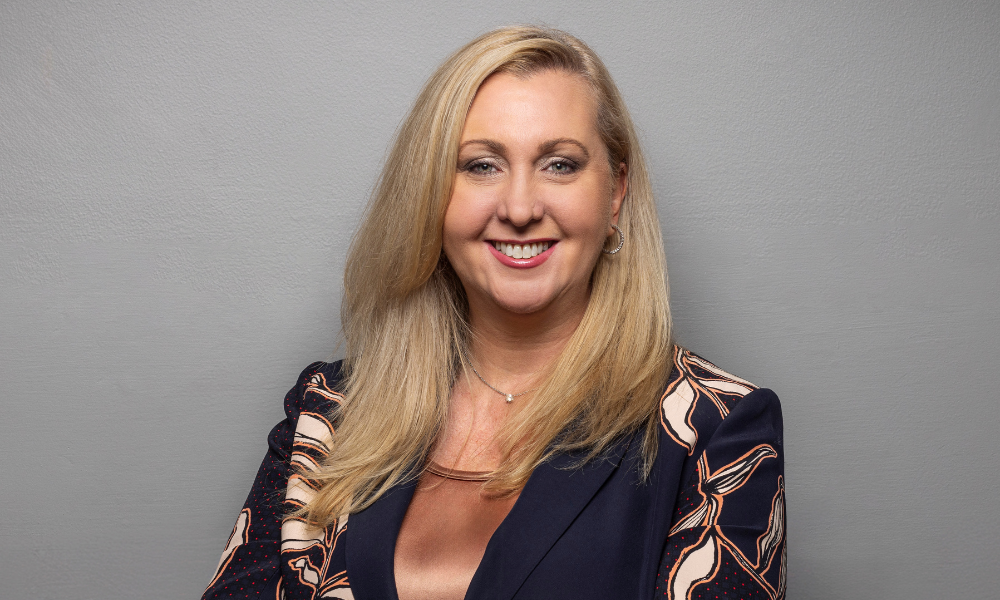
CPO talks about importance of embedding innovation into the business

In today’s digitized world, holding onto your culture can seem near impossible. Between remote working, overseas talent pools and the rise of digital nomads, post-pandemic cultures are something else entirely – and managing them takes one defining leadership quality.
Read more: How to support digital nomads at your company
“Innovation needs to be embedded into the business,” says Jodette Cleary, CPO at hipages, adding one of their core values is innovation.
“If it's a core value, it's going to be talked about, thought about, and encouraged a lot more. Every employee needs to sit and answer for each of our core values: 'How have you demonstrated this value? Give specific examples’.”
And at hipages, they don’t just talk innovation – they fund, preach and practice it.
“To truly innovate in a big way, we get the team away from their day-to-day tasks through hackathons, product roadshows, and company roadshows," Cleary says. “We open it up to the entire company.”
Inspiration is another critical element. The company hosts monthly town hall meetings and uses an HR platform called Bob to share customer success stories and other achievements.
“It's that daily inspiration of why we're here, what's our purpose, and what are we working towards," Cleary adds. “The last key element in a truly inclusive company is to prioritize. We do the hackathon twice a year - every other month, we do a product roadshow. It's about having a discipline of making sure things happen.”
Managing a geographically dispersed team adds another layer of complexity to maintaining a cohesive culture. hipages has team members located across four countries, including Australia, New Zealand, the Philippines, and Vietnam.
“Fully remote work doesn’t work for hipages because innovation is such a core value and requirement for us," Cleary tells HRD. “We don't believe innovation happens very well in full remote teams. So, we said very early in the pandemic that we'll go 50:50 - two days a week one week, three days a week the next you're in the office. And be in the office at the same time as your teams. There's no point sitting there in the office by yourself.”
But all of this effective hybrid modelling can only be done to success with effective technology. According to research from Quixy, 58% of employees working from home have already began using more collaboration tools then they were this time last year, and hipages is no different. Speaking to HRD, Cleary acknowledges the challenges of staying ahead in a rapidly changing environment - particularly with advancements in technology and shifting workforce dynamics.
“Technology should be an enabler," she says. “It should never be something you are doing because you're keeping up with the Joneses – or just doing what someone else is doing. It's about keeping abreast of what the changes are and asking how could they possibly enhance our business – be it from an efficiency perspective or automation perspective.
"We read a lot, attend conferences, and experiment.”
The company's approach to AI also showcases this balance between caution and experimentation.
"A lot of companies got very concerned and banned the use of AI. We said, 'Use common sense, don’t go and put our code out on an open AI platform. But why not invest and play with it a bit?' I encourage my team to run project outlines and written work through ChatGPT - see if it will enhance it or provide different ideas. I like getting them to use AI and different technology to enhance and experiment - that's also a key part of advancing.”